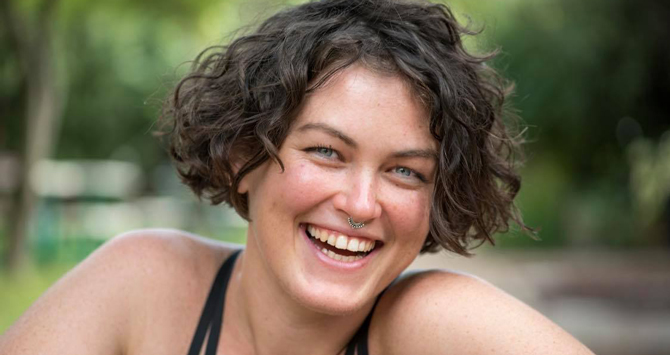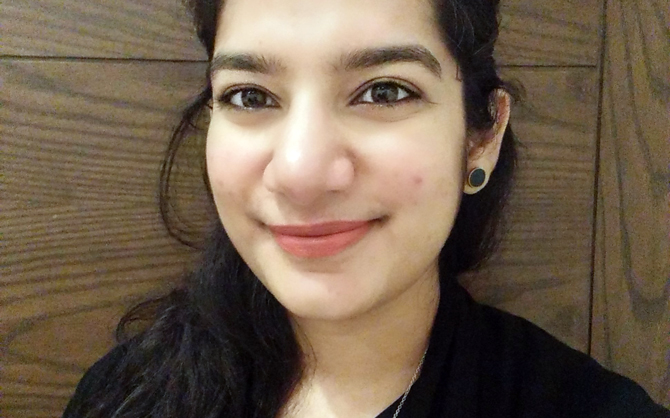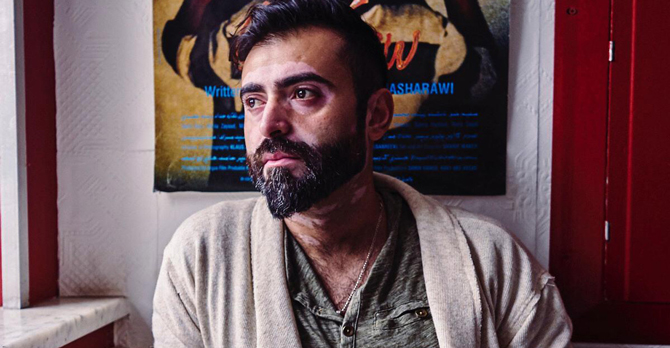The #ChangeTakesAllofUs Campaign reimagines some of the world’s most pressing issues through the perspectives of Seeds of Peace community members.
These changemakers are sustaining the solidarity and connectivity that has arisen in response to COVID-19.

Tal (2002 Israeli Seed)
We are connected. If someone else is happy, it can spill into my experience if I allow it. Another beings suffering or illness will have a way into my system. This is the beauty and the heartbreak of our reality.
Tal is a strategic consultant and social entrepreneur. She is currently working with the WTPI feminist alliance created during the pandemic that focuses on domestic violence and gender-based national budgeting. She also co-leads the DoubleYou feminine business tribe.

Tooba (2006 Pakistani Seed)
One of the privileges of being a therapist is that I get a window into the lives of multiple people. Everyone is struggling. No one has figured out perfectly what to do.
We are feeling it in our personal moments of loneliness, fear, and worry. We are feeling it collectively as we are watching our cities go quiet. You might be feeling it physically or in changes to your behavior. You might feel irritable or short-tempered, sad, overwhelmed, worried, helpless. You might have a lot of worrying or negative racing thoughts.
Please know that you are having a normal response to an abnormally stressful situation. I encourage you to really process, understand, and feel your feelings rather than avoid them.
Tooba is a therapist based in Lahore, Pakistan, specializing in helping young adults navigate experiences of trauma, depression, anxiety, and relational issues.

Nas (2019 GATHER Fellow)
Because I grew up in Palestine, I knew there were going to be food insecurity issues due to the pandemic shutdown. I used to depend on sacks of rice from the United Nations Relief Workers Agency. These things were very real.
We started by giving out 1,000 meals in New York City, many of which went to a shelter serving homeless children and women who are victims of domestic violence. Then my cousins who are doctors called and said they needed food because the restaurants are shut down. So I started sending to the ER units, the COVID units.
So far, we raised enough money to have two kitchens live and send out over 1 million meals in New York City.
The public cares a lot about feeding the doctors, but nobody’s talking about feeding the poor. This virus puts us all on the same level—rich, poor, black, white. It doesn’t matter. Poverty is still the struggle. And one way to exit poverty is through food.
Nas is the New York-based co-founder of Komeeda, a social-impact food enterprise created to tackle poverty in the refugee sector.

